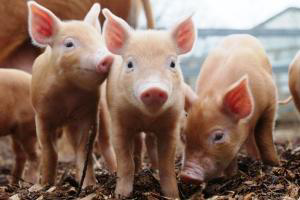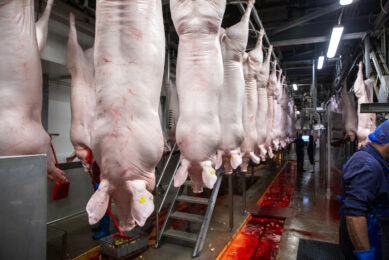BLOG: PEDv – what can we expect this winter?

If we look at past data on a monthly basis, it is likely that the US is in for a marked increase of PEDv cases this winter.
The severe cold makes it extremely difficult to wash, clean and disinfect trucks transporting pigs and I think we can expect an increase in cases over the next few months possibly peaking in February again, if the infection rate is repeated. However, there may be some improvements and reduction of cases, if all goes well.
A number of herds have already been infected, so it is not hitting a totally naive population. A lot of improvements in biosecurity and cleaning trucks between pig movements may also help reduce contamination and transmission of the virus. There has been an introduction of two vaccines for sows in the US by Harrisvaccines Inc. and Zoetis Inc. and it is hoped that they will be able to prolong the production and secretion of antibodies into the milk of the sows to help protect the piglets. One of the problems with this particular virus is the short excretion time of maternally-derived antibodies by the sows after infection, leaving piglets susceptible to re-infection on the farm. How successful these vaccines are to prolong protection will also be vital in controlling the effects of re-infection of herds.
Figure 1. Monthly positive farms (biological accessions) (USDA, 2014) and predicted future cases this winter
I think that as a result of the above, the level of disease will be lower than in 2013-14 winter and predict about a two thirds of the disease incidence peaking at about 800 positive cases in February. However, time will tell and epidemiologically, it will be an interesting exercise to monitor the progress of the disease in the coming months.
I urge neighbouring countries and in particular the EU to remain highly vigilant and if possible not to import live pigs especially during these forthcoming winter months.











